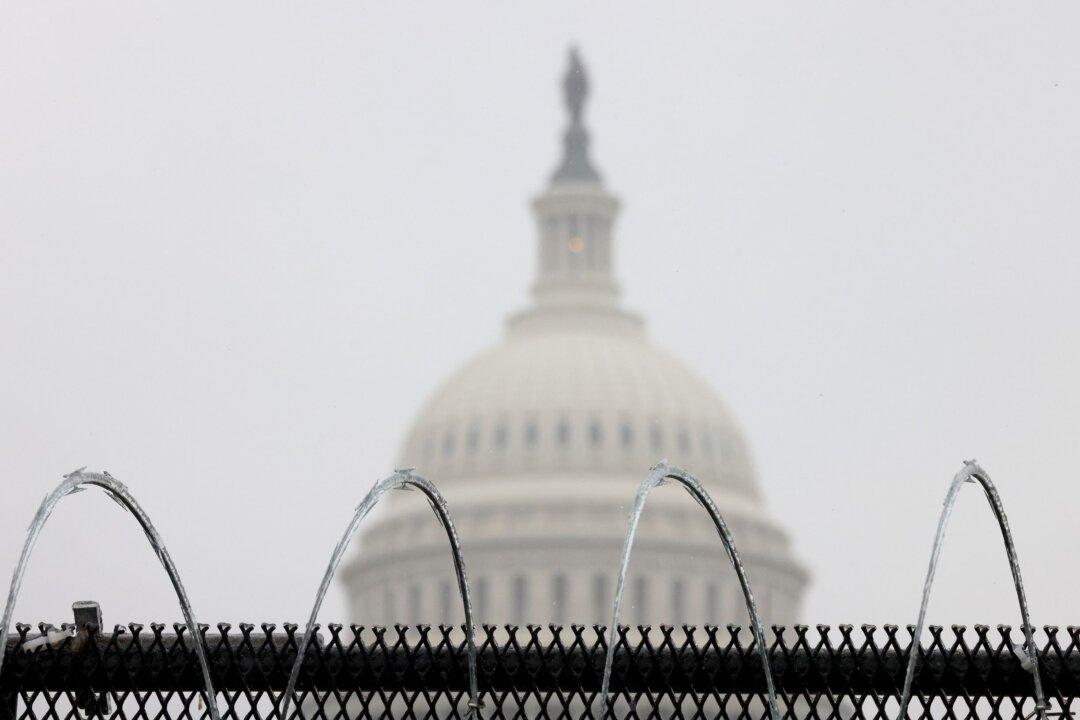Commentary
Nearly 50 years ago, writing in the first daily newspaper that I partially owned in the modest Canadian city of Sherbrooke, Quebec, I often commented on American affairs for our many readers in nearby Vermont.

Nearly 50 years ago, writing in the first daily newspaper that I partially owned in the modest Canadian city of Sherbrooke, Quebec, I often commented on American affairs for our many readers in nearby Vermont.